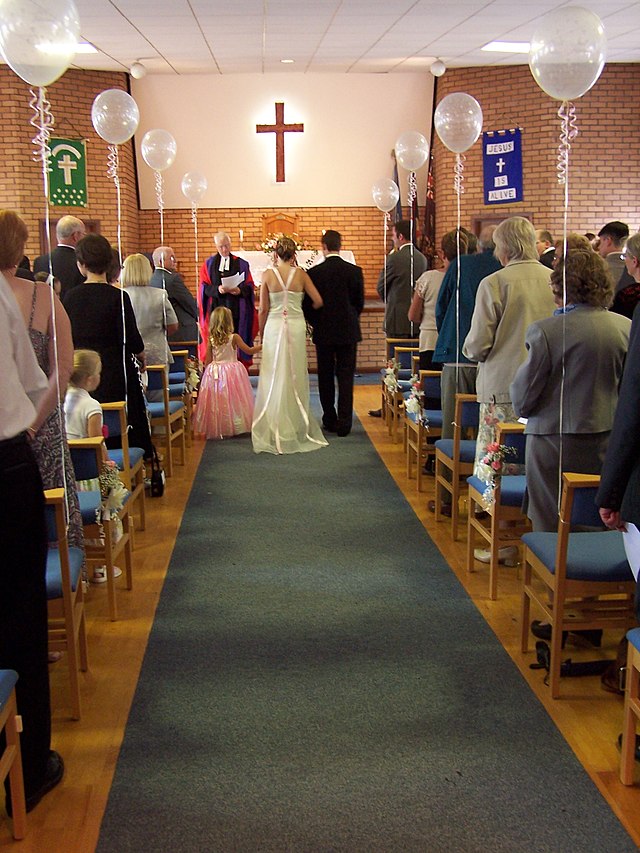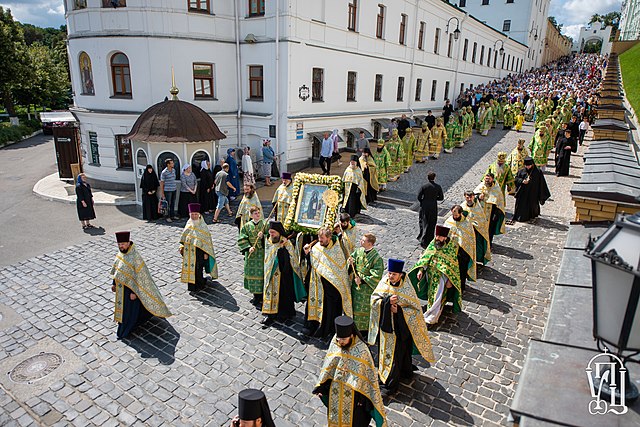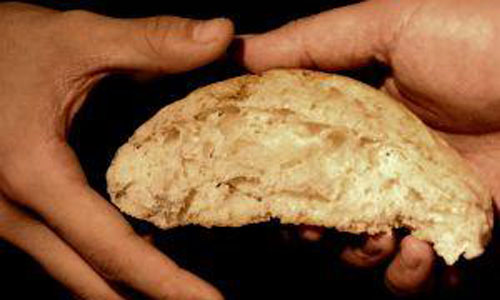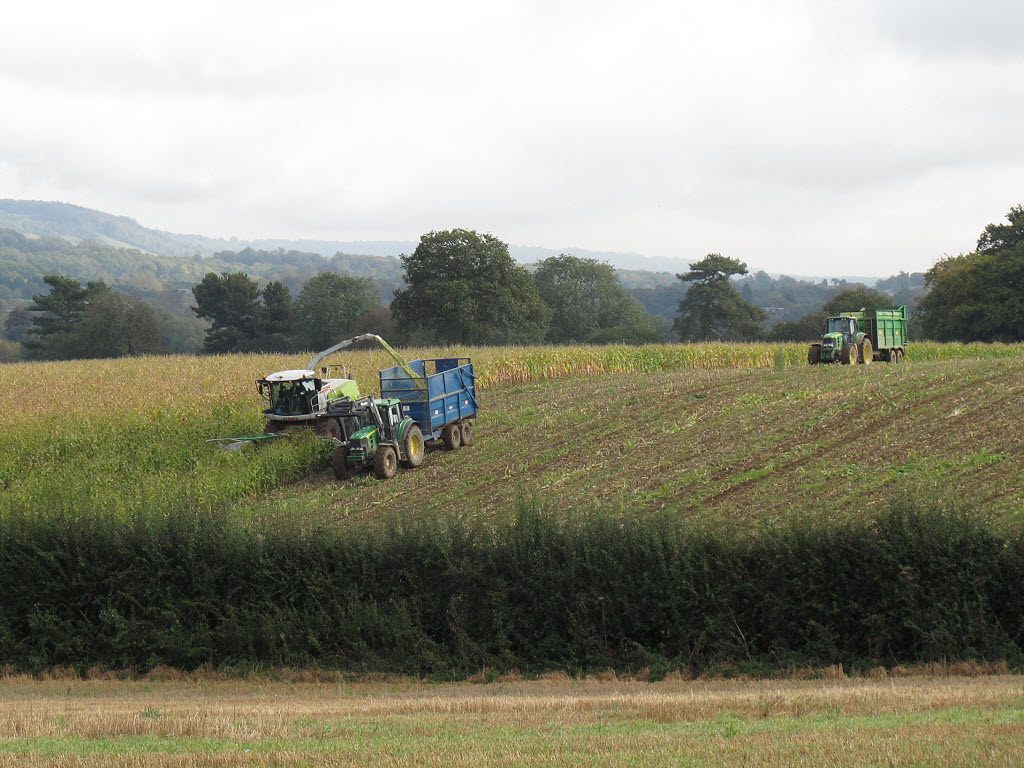Today’s hymn from Sing Praise is “All glory be to God on high” by Timothy Dudley-Smith. Apologies for posting this late in the weekend, but my wife is in hospital so I’ve had other things on my mind.
It’s a paraphrase of the Gloria, an ancient hymn or canticle of praise, set to a 16th century German tune. I expect that the composer of the tune would have known the Gloria at least in its Latin form, and maybe (though he lived early in the Reformation era) there was already a German translation.
The four verses, to a 16th century German tune, cover the four sections of the canticle nicely. The first praises God the Father for his glory and his promise of peace on earth; the second responds to him as Father, Lord, God and King; the third verse addresses Christ as the only Son of the Father, the Lamb of God who died for us, and the one who reigns with the Father; and the fourth, the whole Trinity of Father, Son and Spirit.
Until recently ‘Glory to God in the Highest’ was a regular part of both Morning Prayer and Holy Communion. There are many settings of it from all periods of music, perhaps until our own generation, but it seems to be used much less often at Communion these days (certainly our own church hasn’t used in for the last few years, either spoken or sung), and isn’t part of the regular Morning Prayer in Common Worship at all, although I presume it’s still an optional substitute for another canticle. This setting is undated in the book so I would be interested to know when it was written.



